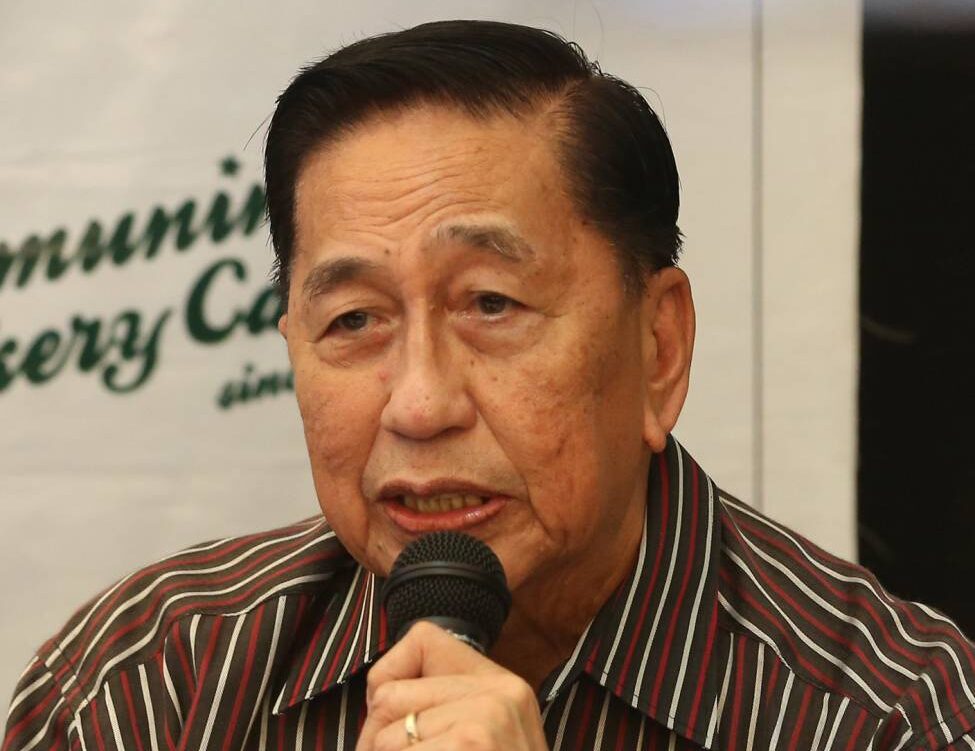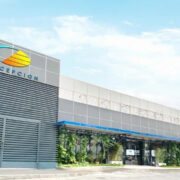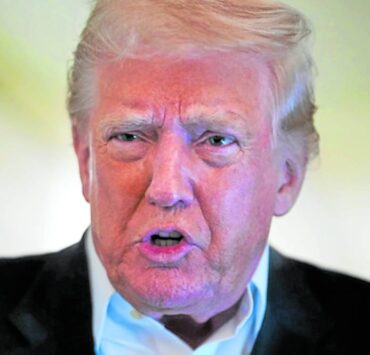Toll turmoil: How Filipino industries are navigating Donald Trump trade tempest

The Philippines may be caught in the crosswinds of US President Donald Trump’s latest tariff storm. But unlike some of its neighbors, the country is not bracing for the worst.
From exporters to electronics manufacturers, trade groups are treading carefully, voicing uncertainty over Trump’s sweeping tariff plan.
Yet, behind cautious statements lies a shared sentiment—the country, spared from the steepest hikes, might just land on its feet.
On April 2, Trump announced a 17-percent tariff on imports from the Philippines, with the measure supposed to take effect on April 9.
The tariffs slapped on Philippine goods are notably lower than the levies imposed on several other economies of the Association of Southeast Asian Nations (Asean).
For example, Vietnam faces a 46-percent tariff. Meanwhile, Thailand’s and Indonesia’s tariffs are set at 36 and 32 percent, respectively.
Malaysia will see a 24-percent tariff on its exports to the United States and Cambodia faces the highest tariff rate of 49 percent.
Among Asean nations, only Singapore was slapped a lower rate at 10 percent—the minimum rate of the so-called “reciprocal” tariffs.
Hours before the tariffs were to take effect on April 9, Trump caught many off guard by declaring a temporary pause on the tariffs. This offers an opportunity for further negotiations with affected countries, including the Philippines.
Exporters’ optimism
Despite the looming uncertainty from the US tariff hikes, Philippine exporters remain cautiously optimistic. Trade groups have said that the country’s exposure to the worst of the tariffs is relatively limited.
Sergio Ortiz-Luis Jr., president of the Philippine Exporters Confederation says that while the industry remains concerned about the uncertainty, the Philippines is, by and large, shielded from the worst of the tariff increases.
“Since we have lower rates than our competitors in the Asean, this is an advantage for us since imports from us will be cheaper,” Ortiz-Luis tells the Inquirer.
George Barcelon, chair of the Philippine Chamber of Commerce and Industry, the country’s largest business organization, echoed this sentiment and recommended that the Philippines identify sectors that could benefit from the situation to optimize opportunities for local producers.
“These could be the garment industry, shoemakers and even electronics,” he says.
Electronics sector on the watch
The electronics sector, a key pillar of the Philippine export economy, is also watching the situation closely.
Earl Qua, president of the Electronics Industry Association of the Philippines, says that while it’s still early to assess the overall impact of Trump’s tariffs, there is some degree of optimism initially.
“At this point it’s too early to tell because it is not clear how things will evolve,” he tells the Inquirer.
“Our members have reported an increase in inquiries for engagement in the Philippines but that has yet to be translated into actual orders or investments,” he says.
One of the key challenges, Qua points out, is that the United States is actively negotiating with countries like Vietnam, which has offered to eliminate tariffs on American imports in exchange for preferential access to US markets.
This could place Vietnam in a more favorable trade position with the United States compared to the Philippines.
While Qua refrained from commenting on whether the Philippines should follow suit, he highlighted that further negotiations with the US government could help alleviate potential disadvantages for the sector.
“We are hoping that the government will continue to negotiate with the US to lower tariffs on our goods that are exported into the US,” he said.
Meanwhile, the Philippines’ shipping sector, while less directly impacted by tariffs, is also keeping a close eye on the developments.
Patrick Ronas, president of the Association of International Shipping Lines, comments on the broader impact the tariffs could have on trade volumes between the United States and the Philippines.
“We will know in the next few weeks or months the effect on trade volumes. But definitely, the US tariff action will have an effect on all,” Ronas says.
“Perhaps [the impact is] marginal on the Philippine economy, as we are a net importer. The bigger volumes come from other countries in North Asia and Southeast Asia,” he says.
Still, Ronas says that exports to the United States remain a concern, and that shipping lines will have to adjust to shifts in trade volumes and recalibrate their schedules and space allocations.
Big pharma unfazed
In contrast with other sectoral groups, the Philippine Pharmaceutical Manufacturers Association (PPMA) remains largely unperturbed by Trump’s new trade policy.
PPMA president Higinio Porte Jr. told the Inquirer that since the Philippines is not a major exporter of pharmaceutical products to the United States, the tariff’s direct impact on the industry will likely be minimal.
“We don’t export our pharmaceutical drug products to the US because we are not competitive. It’s more of us importing from them,” he said.
Furthermore, the White House’s executive order exempts pharmaceutical products from the newly imposed reciprocal tariffs.
However, Porte expresses concerns about potential disruptions in the global supply chain, particularly those affecting US-based pharmaceutical companies that have relocated production to countries like Mexico, Israel, Vietnam, Indonesia, India and China.
He also questions the Philippines’ ability to capitalize on these shifts, citing higher production costs locally. These are estimated to be 25 to 50 percent more expensive compared to other countries.
Despite these challenges, the PPMA projects sales growth this year, anticipating an increase from last year’s P275 billion to between P285 and P290 billion.





















